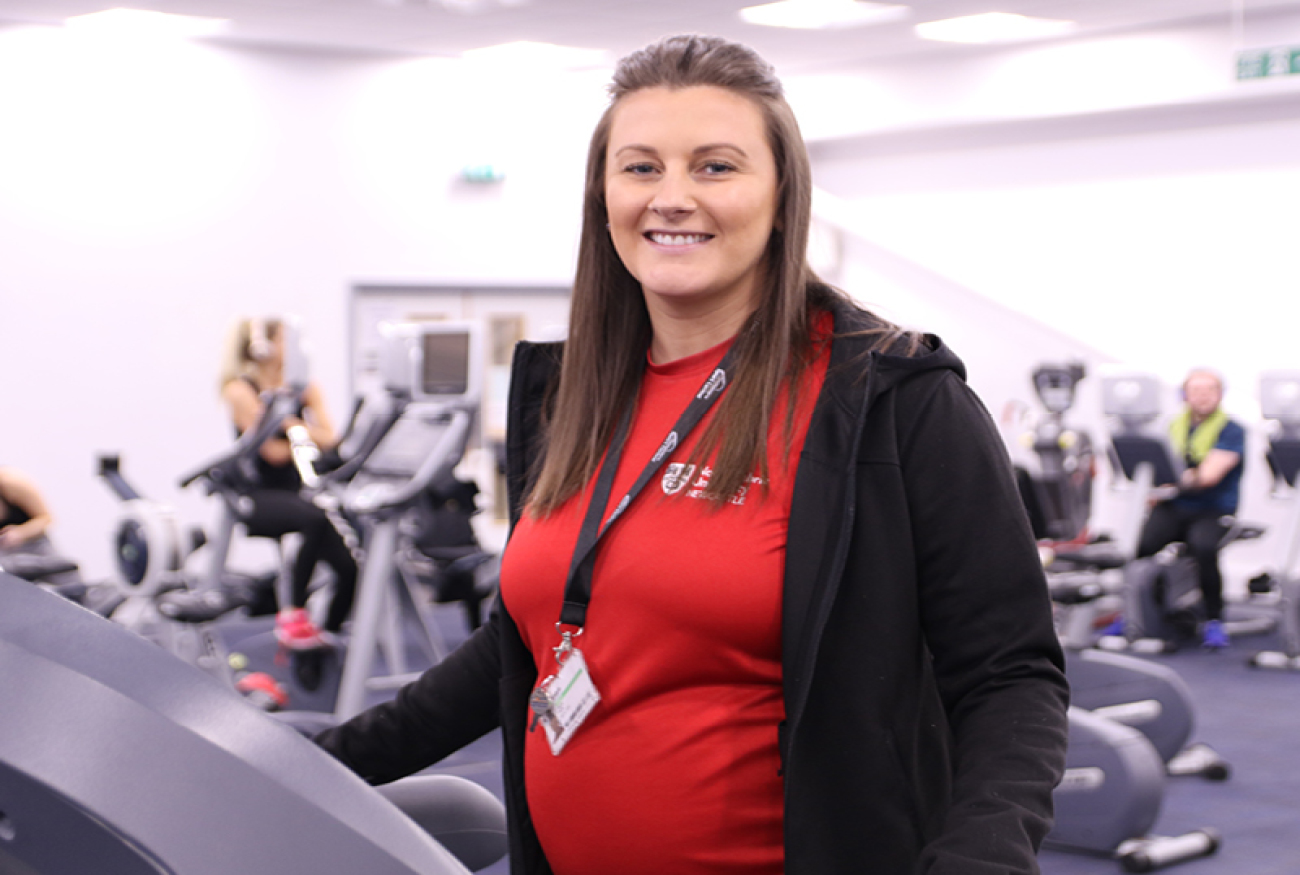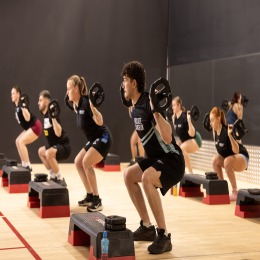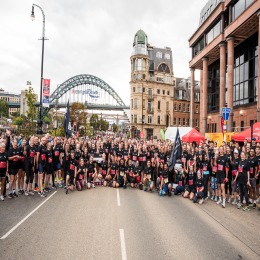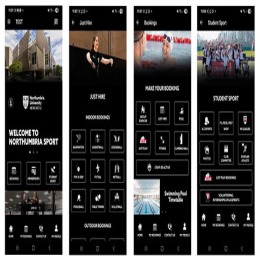
Finding out you are pregnant as early as 2 weeks can be quite daunting when you think of the long journey you have ahead. This was my recent experience and as a regular exerciser/fitness instructor it suddenly hit me… 'How will I cope with the changes that are already starting to take place in my body and how will I cope with the demands of my job while keeping it a secret?'
As many of you will know the dreaded morning sickness amongst many other symptoms can cause havoc to your daily tasks and routines. At only 6 weeks I felt the need to share my news with my manager as I was beginning to struggle with some day to day tasks. For instance, discretely throwing up into some blue roll while teaching an indoor cycling class was not one of my proudest moments.
It was then I realised I would have to take a step back until my body adjusted to these changes and my hormones levelled out. At the same time I wanted to stay active and eat well for the baby. As all midwives will tell you it is so important to listen to your body and rest when you need to. Although it may not look it, it is extremely exhausting growing a little human.
So now you are over that first trimester and feeling more energetic, no more morning sickness (fingers crossed), you will probably be wondering what exercise you can do safely and how to get back on track with exercise and nutrition. It is recommended to exercise for 20-30 minutes daily during pregnancy, so here are my top tips for a good sustainable routine throughout your pregnancy;
TOP TIPS
- Regular cardiovascular exercise – if your pre-pregnancy exercise levels were low it is important to ease into exercise. Some of the most recommended cardio exercises for during pregnancy are swimming and brisk walks. Swimming is a great way to get those minutes of exercise in, the water takes the weight of your ever growing bump and eases any lower back pain you may have been experiencing as well as this being low impact. My husband and I have been enjoying brisk walks in the evenings for 30-40 minutes, I have found this enjoyable not only for the exercise and company but the fresh air too, which I find improves my sleep. However, I am looking forward to some warmer weather for our walks. Something to remember: as you progress in pregnancy your centre of gravity changes, so choose your walking routes sensibly, stick to smooth even surfaces and wear supportive footwear to avoid any accidents.
- Resistance training – if this has been something you have been used to pre-pregnancy I would recommend you continue with some resistance training. However, I would advise to scale it down and use fixed resistance for safety and support. Avoid lifting weights while lying on your back after 12 weeks, do not over-exert yourself or strain too much. My recommended machines would be; leg extension, seated leg curl (avoid lying), abductor, adductor, seated chest press, seated shoulder press and lat pulldown. This provides you with a full body workout. An exercise all women should do which can be done anywhere anytime without anybody even knowing you are exercising….Pelvic floors! Ask your midwife for help with this one if you need, it can be a tricky one to get the hang of. Always seek advice from your doctor or midwife before any exercise.
- Hydration – Now more than ever is important to stay well hydrated especially during exercise, after all you now have a little one relying on your water intake. Although you probably feel like you make hundreds of toilet trips per day (another wonderful pregnancy symptom to deal with), it is recommended to drink 2-3 litres of water per day, and this is on top of any other liquid intake such as tea, coffee and juice. An easy way to track this is by using a 1l bottle to refill throughout the day.
- Balanced diet – the little human in your tummy should give you the motivation you need to eat a well-balanced diet to provide them with the best nutrients. A balanced diet should consist of protein, carbohydrates and fats. A good tip is to eat little and often to minimise sickness and food aversions. Make sure you get plenty of iron rich vegetables in to keep those iron levels up. Your body uses iron to make extra blood (haemoglobin) for you and your baby during pregnancy. Iron also helps move oxygen from your lungs to the rest of your body….and to your baby's. Getting enough iron can prevent a condition of too few red blood cells that can make you feel tired, called iron deficiency anaemia.
While these are useful guidelines individual exercise needs vary and you should always consult a professional before starting a new exercise routine. If you'd like to meet with any of our Personal Trainers feel free to book a consultation. Details on Personal Training can be found here.










